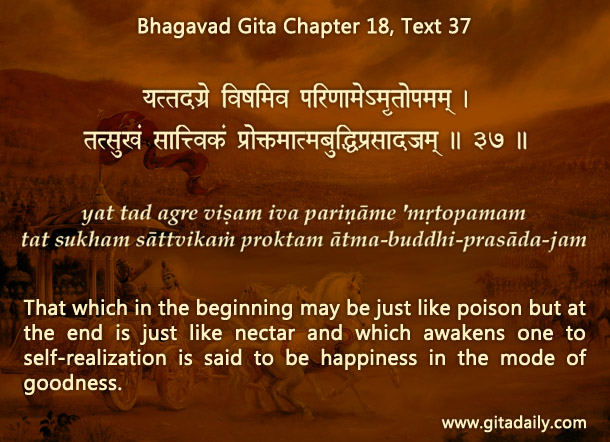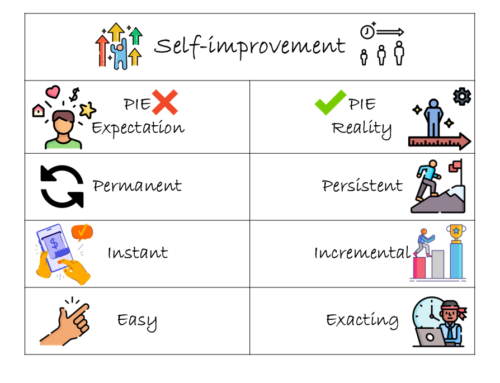Even if we can’t close the door to temptation permanently we can close it presently
Suppose we live in a thief-infested locality. We will want a strong, permanent lock for our home door. But if somehow we can’t have such a lock, we will at least bolt the door. Admittedly, determined thieves might force their way in. But some might move on, seeking a house they can break in easily.
A similar dynamic applies when we try to block temptation out of our consciousness. We may not always be able to go cold turkey and say an irrevocable no to temptation once and for all. Why not? Because our mind might see it as an unbearable burden. If we think that we have to resist tempting desires forever, we will end up giving up the resistance right now.
What, then, is the alternative? We can say no to temptation presently, wherein ‘presently’ means both ‘now’ and ‘in the near future’. When temptation seeks to enter and plunder our consciousness, we can resolve to resist it right now and in the near future. And we will discover that not all tempting urges are equally strong. Some, even many, urges are circumstantial and casual – if they can enter easily, they plunder; if they can’t, they leave. Admittedly, some urges may keep pushing till they force their way in. But we won’t know which urges are casual and which irresistible unless we try to resist.
And bhakti-yoga empowers us to complement resistance with transcendence, by connecting us with Krishna, the all-pure, all-powerful, all-pleasurable ultimate reality. When we are powered by our inner connection with Krishna, each round of resistance makes us stronger, more absorbed in transcendence and more capable of resisting future temptations. Pertinently, the Bhagavad-gita (18.37) assures that the same resistance to temptation that seems initially like poison will eventually become like nectar.
Think it over:
- How can we know which urges are irresistible and which resistible?
- How can we transcend temptation?
- Is there any urge you can resist presently?
***
18.37 That which in the beginning may be just like poison but at the end is just like nectar and which awakens one to self-realization is said to be happiness in the mode of goodness.
To know more about this verse, please click on the image
Explanation of article:
https://www.youtube.com/watch?v=2OLsxG2mK-Y&feature=youtu.be
Podcast:



Leave A Comment